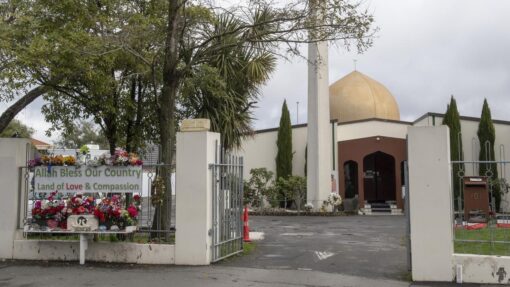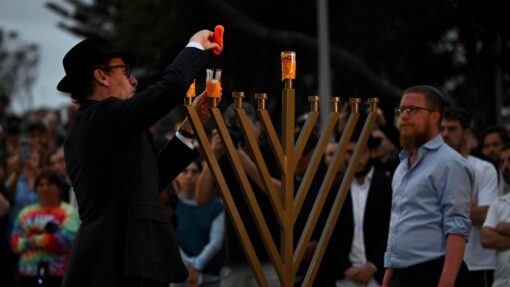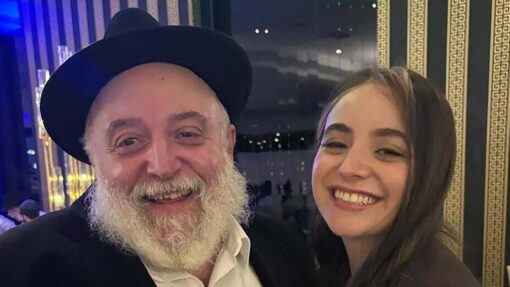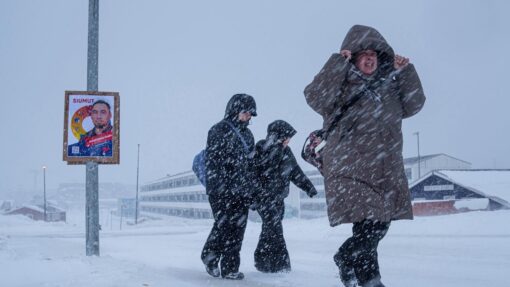Back to battle for ex soldier seeking help
Deborah Cornwall |
An ex soldier’s desperate battle to get support from the Department of Veterans’ Affairs was so traumatising it felt like she never left the battlefield.
Kylie Reynolds said she is wheelchair bound as a result of injuries sustained during her military deployments.
Her evidence to the Royal Commission into Defence and Veteran Suicide on Wednesday was among more shocking details revealed in the lengthy inquiry, sitting this week at Wagga Wagga.
“I swear (the department’s) ethos is to fight, deny, delay and hope you die,” the 46-year-old said in a written statement tendered to the commission.
Ms Reynolds served in the army for 18 years, including deployments as a commanding officer in the Middle East.
Her career, she said, had been outstanding, and she had never felt discriminated against for being a lesbian.
“If my brain had not imploded I would still be doing what I loved today.”
But at the age of 36, her injuries had left her unemployable.
Ms Reynolds said trying to get help from the department after her medical discharge in 2011 had been like “going to war again”.
“Giving up is easier and taking your own life is easier than fighting a war against the (Office for Veterans Affairs) to get the entitlements.”
Ms Reynolds told the inquiry like all soldiers, she had been trained to “keep my mouth shut”.
She didn’t dare report her sexual assault as an 18-year-old recruit at the Enoggera Barracks in Brisbane.
Nor did she complain when she was subjected to such ferocious bullying from a commander she had been prescribed anti depressants.
She told the inquiry she had kept her deteriorating mental health a secret at the time, for fear that she would be medically discharged. Instead, she escaped, taking up a posting in the Middle East in 2007.
But when she returned to Australia two years later she was suddenly overwhelmed by PTSD symptoms as well as debilitating back pain from injuries during her deployment.
“I started having flashbacks … what I had to do when bombs went off, diving into the gutter, under my bed or desk depending on where I was,’ Ms Reynolds said.
Colonel Simon Dowse, from the Defence School of Intelligence, also gave evidence on Wednesday into the force’s conduct-after-capture courses, which were designed to help members cope if kidnapped or taken hostage.
Since the course began in 2001, 45 personnel had died from suicide after the specialist training course.
But the force is yet to investigate whether the training had been a direct trigger for the deaths, or had put members at higher risk of suicide.
“Given the very serious nature of people dying by suicide, does it not occur to you or your colleagues or the ADF as an institution that that’s a sufficiently high number to warrant an inquiry … into whether or not CAC training creates risk factors for suicide?” counsel assisting the commission Peter Singleton asked.
Col Dowse responded: “For me, the numbers start at one, when it comes to being tragic, they really do”.
Participants in the course had to sign consent forms which warned: “I shall be subjected to a close simulation of the type of treatment I might expect to receive as a prisoner of war”.
The “authorised stressors” included that “it may be required I remove my clothing”.
Pressed by Mr Singleton about other “potentially more severe or more distressing aspects” of the training, Col Dowse said he was constrained from answering questions that would give Australia’s “adversaries an advantage”.
The hearing continues as the commission investigates the treatment of past and present defence force personnel and their dealings with agencies in charge of providing support.
Lifeline 13 11 14
Open Arms 1800 011 046
AAP


